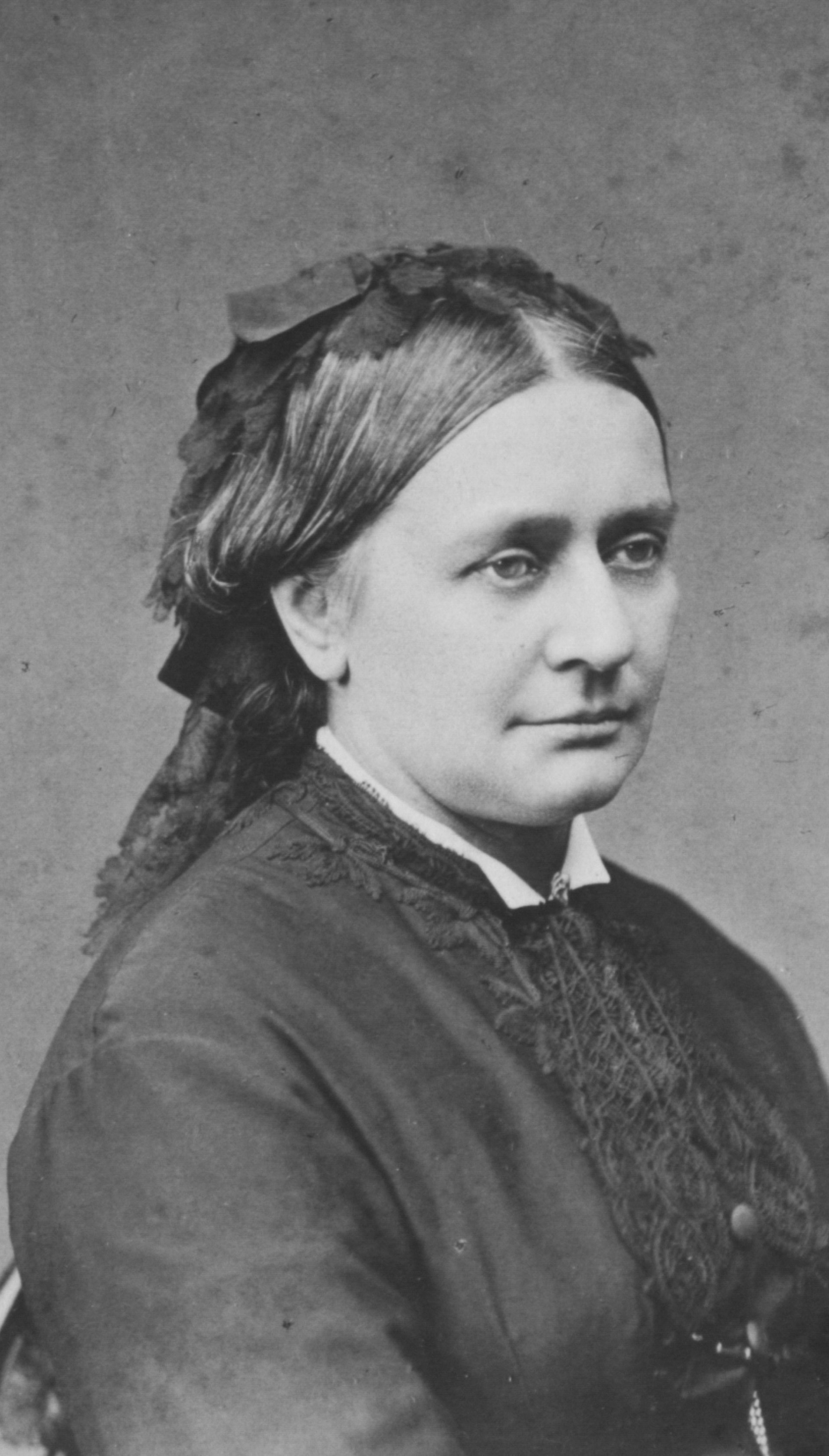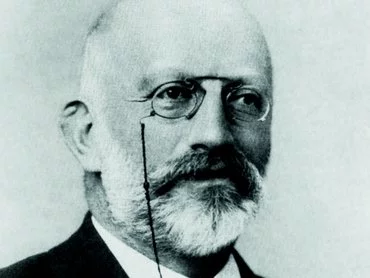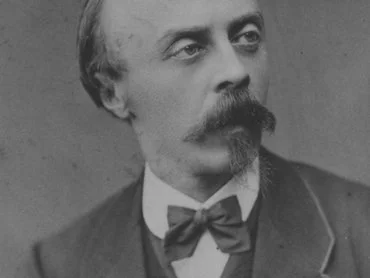- History
- Orchestra History

She is the embodiment of the modern, successful career woman – but she lived at a time when that was not typical for a woman: Clara Schumann was a composer, a piano teacher and one of the most acclaimed pianists of her day. Contemporary accounts describe her playing as just as energetic and powerful as that of a man. A statement like that was considered the highest praise in those days. From her childhood, she was groomed for a career as a pianist by her father, the piano teacher Friedrich Wieck.
After her marriage to the composer Robert Schumann, she did her utmost to combine career and family life, a balancing act that she managed only thanks to her exceptional talent and her iron discipline. Although Clara gave birth to eight children during her 16 years of marriage and took her role as wife and mother very seriously, she thought of herself first and foremost as an artist. She contributed substantially to supporting the family with the fees from her tours and concert appearances. When she became a widow at the age of 36, she had to provide for her family alone from then on. She stepped up her career again and gave concerts throughout Europe. “The practice of art is a big part of who I am. It’s the air I breathe.”
Impressive Touch
She also appeared several times with the Berliner Philharmoniker, the first time on 18 February 1883, ten months after the orchestra was founded. The then 64-year-old Clara Schumann interpreted the piano part in Beethoven’s Choral Fantasy and her husband’s Piano Concerto, conducted by Ernst Rudorff. “She displayed a surprising physical and mental vigour. Her impressive touch, the rounded tones, strung like pearls, combined with a thorough understanding of her task gave musical pleasure,” according to a review in the Norddeutsche Allgemeine Zeitung.
The pianist was enthusiastically acclaimed. What the audience did not know was that Clara Schumann had fallen on a staircase a few days earlier and injured her hand. She played despite severe pain, as she confided to Johannes Brahms in a letter. But her success compensated for everything: “I have hardly ever experienced such heartfelt enthusiasm.” She returned to the Berliner Philharmoniker in October of that year to perform Beethoven’s Fourth Piano Concerto under Joseph Joachim.
Again and again Berlin
Clara Schumann had given many concerts in Berlin even before the founding of the Berliner Philharmoniker. That was due not least to her friendship with Joseph und Amalie Joachim. The pianist frequently presented concerts with the artist couple – he was a conductor and violinist, she a singer. In addition, Clara’s mother, a singer and pianist, had lived in Berlin since 1826 with her second husband, the music teacher Adolph Bargiel. Her half-brother from this marriage, Woldemar Bargiel, a composer and professor at the Academy of Music in Berlin, was also one of the city’s important musical figures. Thus, Clara Schumann had strong ties to Berlin. In April 1885 she appeared twice with the Berliner Philharmoniker in close succession. Conducted by Joachim, she was heard in Mozart’s D minor Piano Concerto, and under Woldemar Bargiel, she played the Schumann Concerto again. “I think I played fresher than ever,” she wrote to Brahms. “What I liked very much about the concert was that I was able to give the direction of it to Woldemar, who had longed for such an opportunity for years.”
Sold-Out Concerts
Clara Schumann’s fame ensured full coffers; her concerts were commercial successes. When she appeared with the Berliner Philharmoniker for the last time in January 1889, there was not an empty seat in the hall of the Philharmonie. The audience welcomed her enthusiastically when she stepped onto the platform. “It was deeply moving when the slightly stooped, 70-year-old woman sat down at the piano to play Chopin’s F minor Concerto. The way she then accomplished the difficult task, with the power, fire and freshness of a seventeen-year-old, left nothing at all to be desired. The audience’s enthusiasm has rarely been expressed more justifiably and with such vehemence . . .” (Allgemeine Musik-Zeitung).

